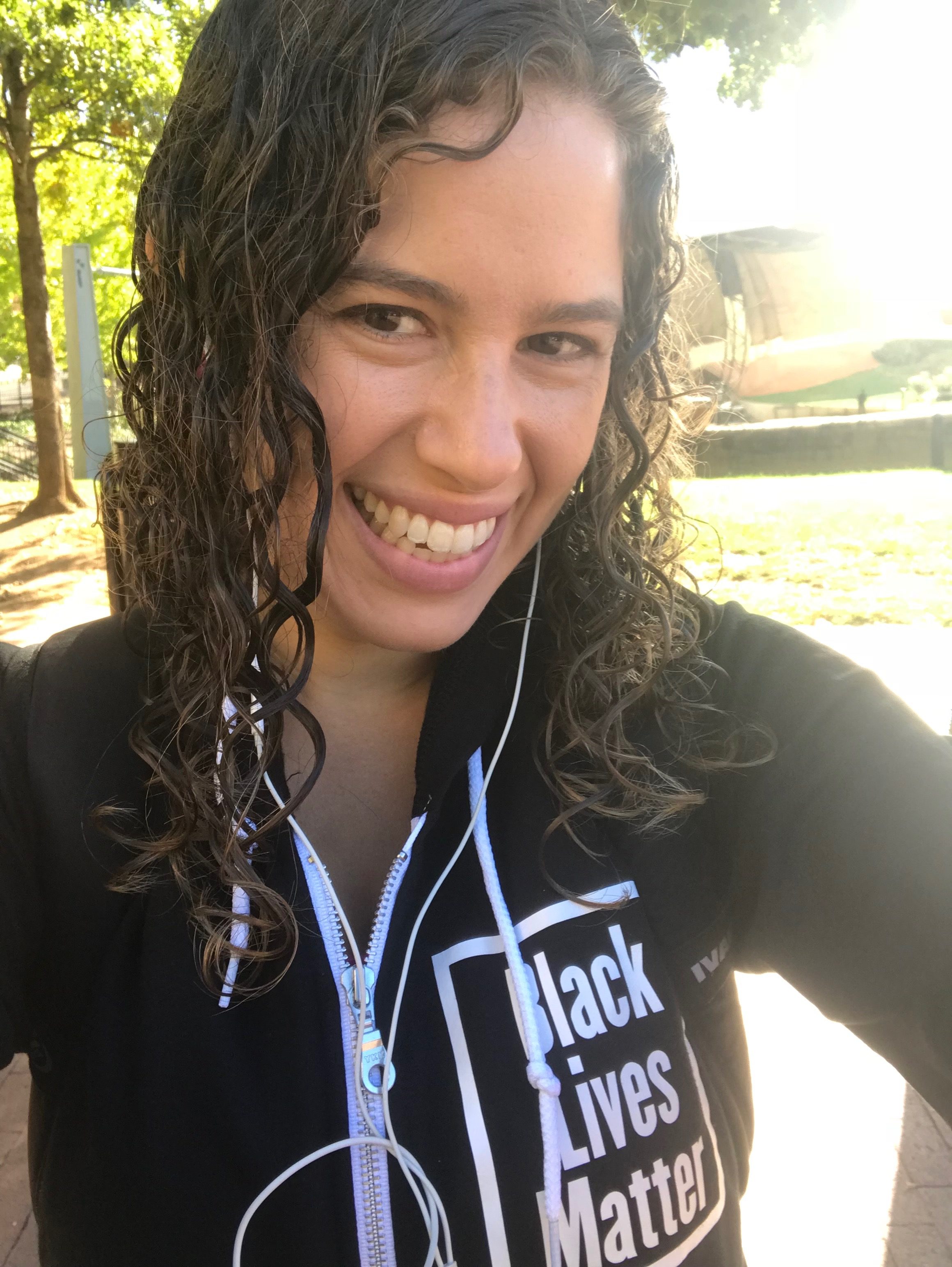You’re in the middle of a shame experience, I gently remind myself.
I breathe deeply and feel the knot unfurl. It is a subtle shame – not enough to impede my enjoyment of the wedding, but just enough to seep into my thoughts. Thoughts telling me I’m tainted, that I shouldn’t get too close to the happy couple, that they don’t want to be associated with me. Telling me to make myself smaller.
You’re in the middle of a shame experience, I repeat. This may be harder than expected.
Charlie Glickman talks about shame as an experience of disconnection that tells us how we’re doing by our community’s standards of behavior. Sometimes shame can be really helpful, when we’ve done something that betrays our values and we need to work to reconnect. But when something’s off in the social system, shame is often part of the problem.
I experienced a lot of shame throughout the hurt someone I love. I felt shame about having made a personaland publiccommitment that I did not keep. I pulled back from the Jewish community that we had been involved in together – I didn’t know how to show my face.
I had also faced a lot of patriarchy throughout the wedding process. I felt it when I went dress shopping, I felt it when I tried to talk through the details with my partner, and I felt it especiallyin the Jewish ritual we were working to reimagine.
The rabbi gives us an outline of the ritual. Matthad made the official request for the ghet(the divorce document) to be drafted and delivered to me. The witnesses were there to confirm the delivery. Mattwas there because, no matter the legal meaning of the ritual, this was really about both of us. And like, for “closure,” maybe?
Maybe, but it doesn’t work. There is an error in the paperwork. Someone confused something about our Hebrew names and the ghet in the rabbi’s hands is not valid. It will not do the trick. This is not done.
That’s when I start to really feel it… if we’d moved through the ritual smoothly, would I have felt it in the same way? I’m not sure. But there I was, sitting in a room with four men: a rabbi, two witness, and the person who had been my husband. And they were frustrated. But I was the one most impacted.
I feel ashamed because I feel subordinate, dependent, and powerless. I feel ashamed because at the most fundamental level, my status in the community is on the line. Because of the patriarchy. Because the function of the ghet is for a man to release a woman from marriage, as delivered by a rabbi, with two men witnessing. Back to the days of gender binary hetero patriarchy power system. (Back to the days of Pooh?
>We were both raised in affiliation with the Conservative Jewish movement, we got married within that movement, and we were trying to divorce accordingly. And the patriarchy only got thicker as we went along. Something about wanting to make sure the ghet would have as good a chance as possible of being honored by Orthodox communities should anyone ever care. The rabbi starts saying that we do it that way so that if I have a child and my child wants to be Orthodox then an Orthodox rabbi would respect the ghet as somehow a legitimate divorce that then allowed me to be legitimately remarried and have so-called “legitimate” children. It’s a long hypothetical dystopian fantasy in which this divorce remains a shadow that can call into question everything yet to happen in my life. I will continue to be suspect and this ghet will be the thing that will satisfy people that I am okay, that my actions are okay, that I can love again and build a family in acceptable, “legitimate,” ways.
Shame. Tangled, twisted knots of shame.
And this was very clearly directed towards me, not towards Matt.
Because patriarchy.
To him it’s interesting. How to be a progressive rabbi in a patriarchal religion. An intellectually and probably morally satisfying mission. But see, it’s not just intellectual for me. Shame is social feeling. I want to be a “legitimate” community member. I want all my functioning and rights – I shouldn’t have to give that up just to avoid this experience of patriarchy.
It’s not only about injustice – that makes it into something that is intellectual, theoretical, something we can all be “against” together. We are all against disempowering women. Especially the “we” of progressive Jewish community. We’re committed, in concept.
It’s not only about microaggressions – the men were sweet to me even though they didn’t know what to do with my tears. They expressed a mix of “pleasure to meet you” and “sorry we meet on this occasion,” and then, after it didn’t work, they uttered hope for something to come of the process. They were trying, in concept.
What it was really about for me, that day, was the psychological experience of being in that room and being subordinate, dependent, and powerless. My status in the community was in question, and – and this centuries old system of power persisted through these men in the room who considered themselves my equals in every other way and yet were participating in, defending, upholding, honoring that system of power. As was I, in my own way.
No, rabbi. I want to get on with my life.

simona says:
Thank you for sharing, Mimi. Recently I've been thinking a lot about shame and I appreciate your thoughts on it and the ways it interplays with hegemonic social structure.